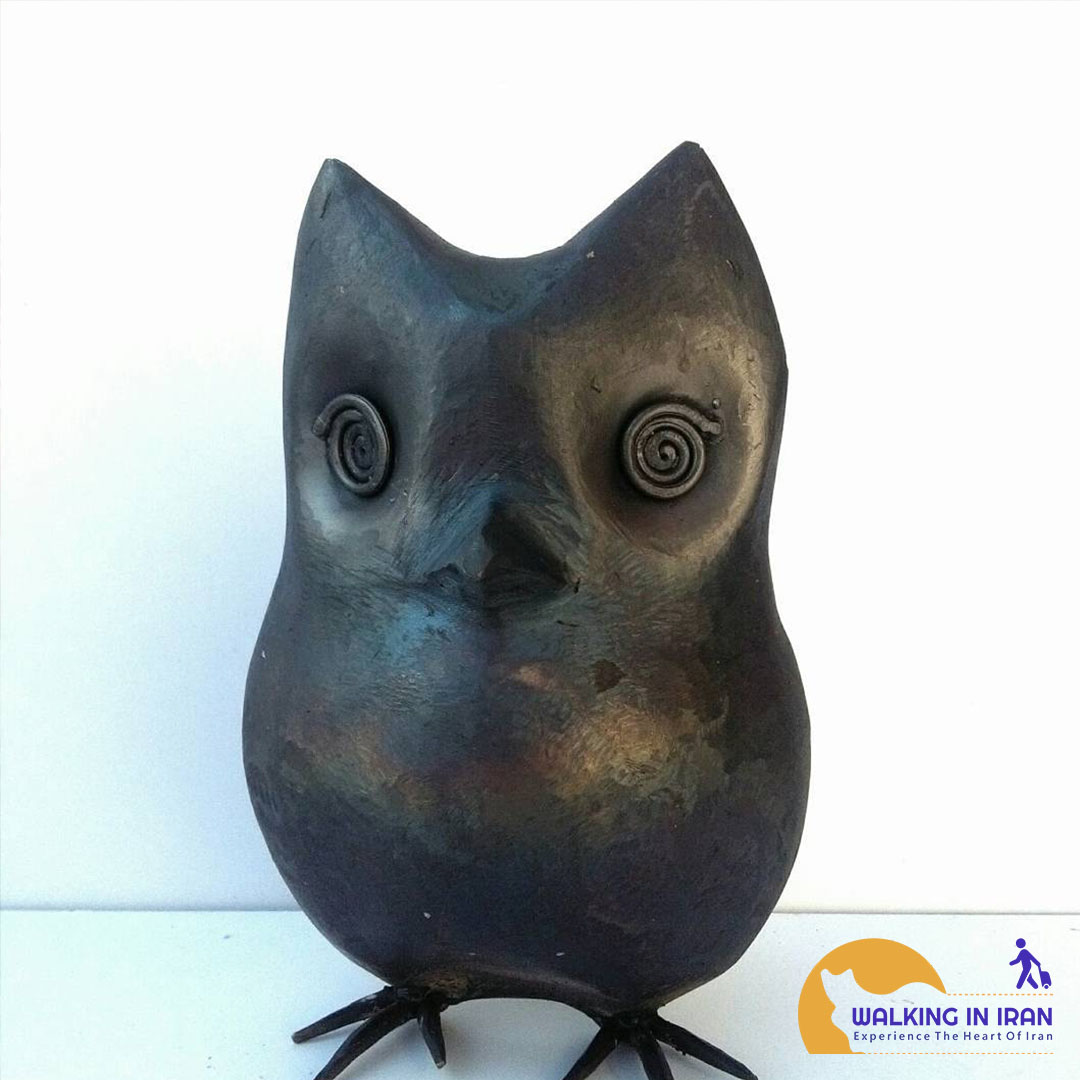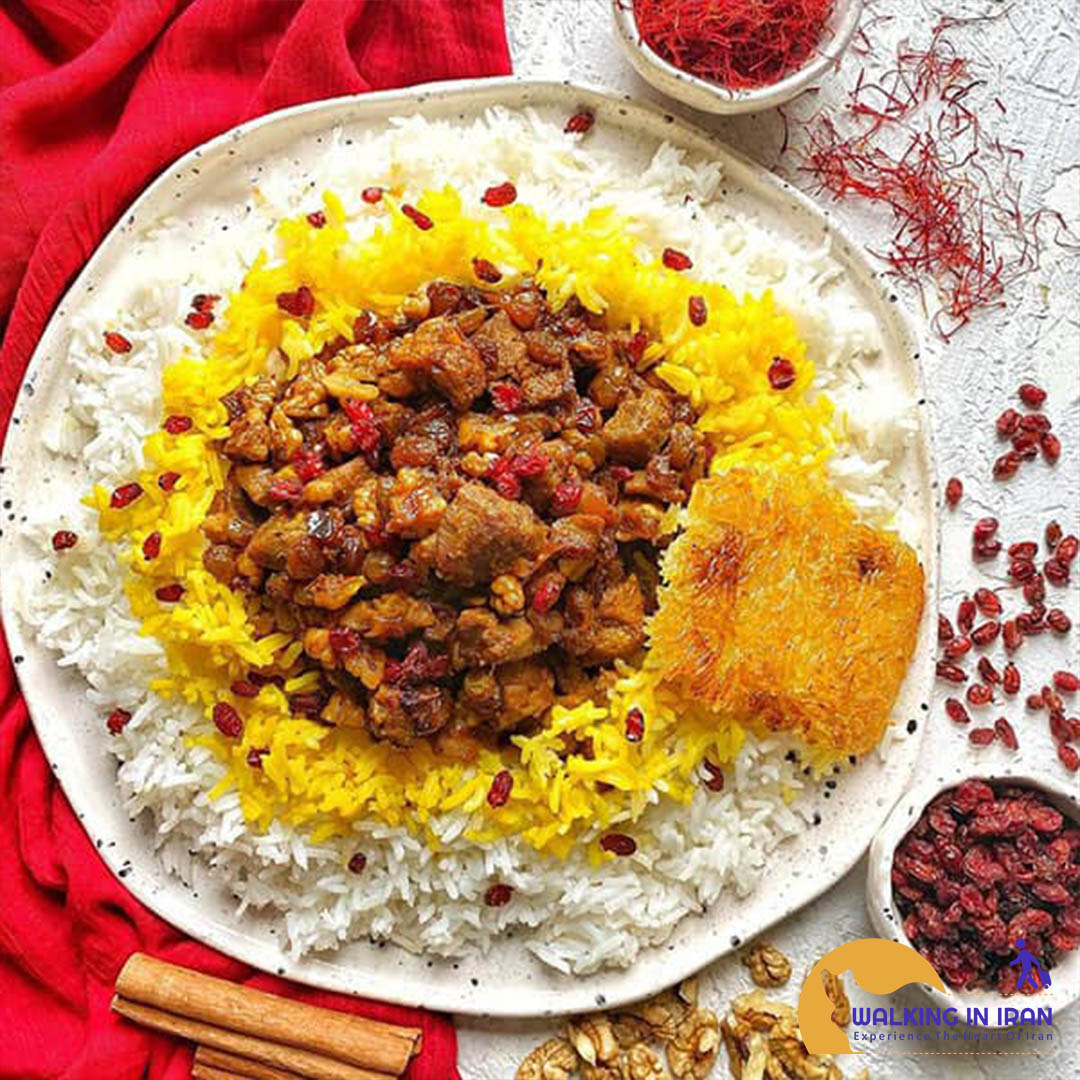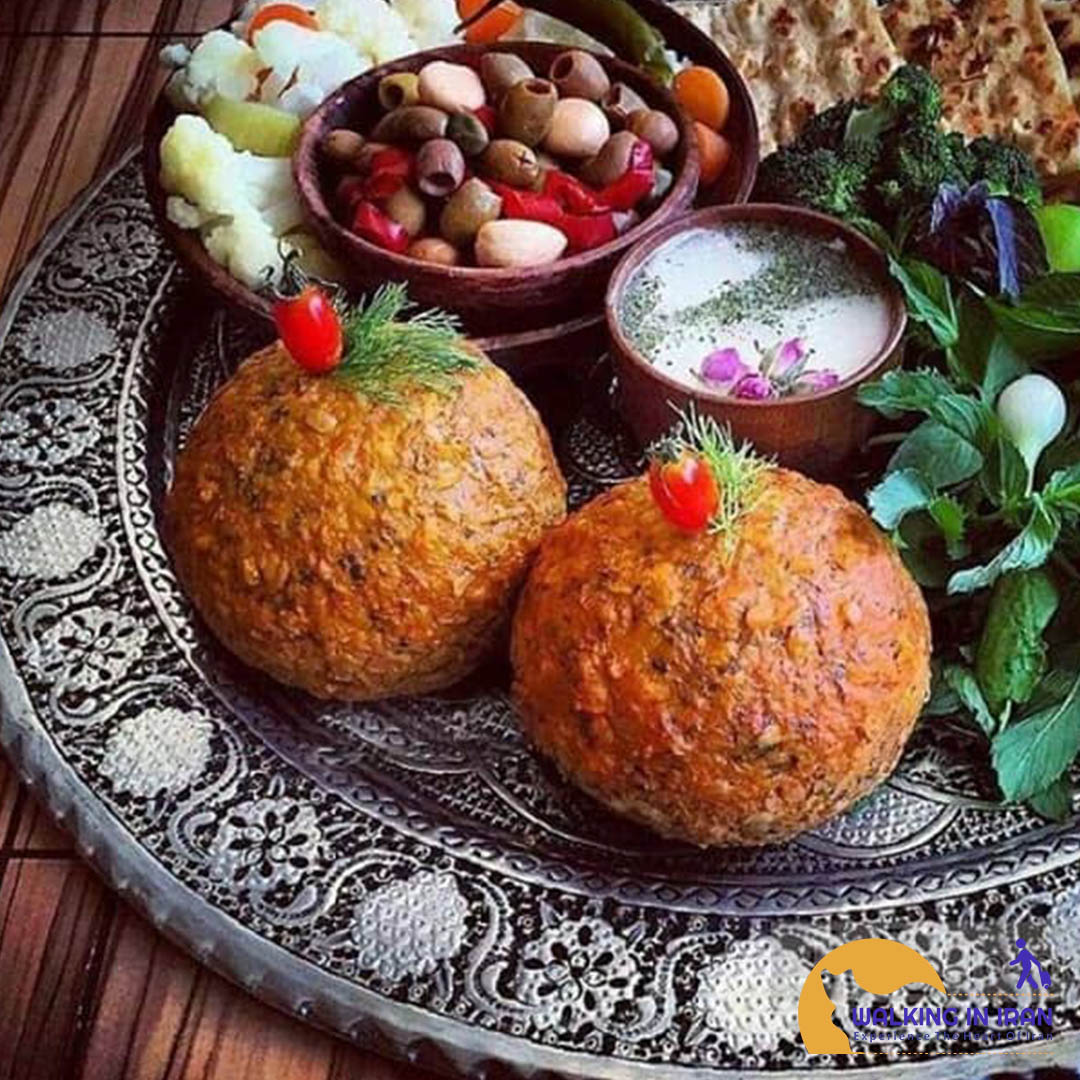The art of Chalengri in Iran: ancient roots and handmade elegance
Chalengri is one of the original and ancient Iranian arts that has played an important role in making tools, decorative objects and even weapons throughout history. Plumbers use hammer and anvil to shape metals and give them shape. This art is a combination of physical strength and artistic elegance that is still alive and dynamic in Iran, especially in some cities.
Historical roots of challangari in Iran
* Ancient Civilizations: Archaeological evidence shows that changari has existed in Iran since prehistoric times. The stone and metal tools discovered in ancient hills indicate the high skills of Iranian plumbers in the past.
* Islamic period: In the Islamic period, Chalangari reached its peak of prosperity. Making metal containers, decorative objects and weapons were among the important activities of the plumbers.
Qajar Period: During the Qajar period, plumbers were known as one of the most important handicrafts, and plumbers played a role in making all kinds of dishes, samovars and agricultural tools.
Features of the art of plumbing
* Raw materials: Plumbers use metals such as iron, copper, brass and aluminum.
* Tools: The main tools are the crane, hammer and anvil. In addition, other tools such as pliers, scissors and sandpaper are also used.
* Work process: Plumbing includes various steps such as cutting, shaping, welding, polishing and decorating.
* Products: Plumbing products are very diverse and include kitchen utensils, decorative items, agricultural tools, industrial parts and even sculptures.
Plumbing in Iran today
* Current situation: Despite the advancement of technology and the mass production of metal products, the art of changari is still popular in some areas of Iran.




Join The Discussion